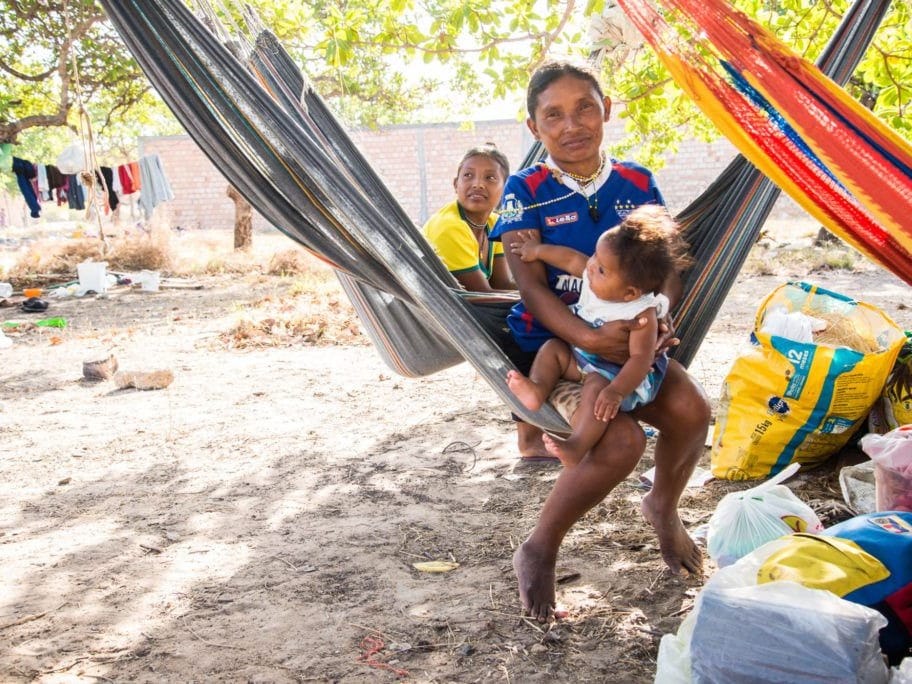WASHINGTON (AN) — Refugees International sharply reproached U.S. President Donald Trump's administration, giving it a "failing grade" for the second year in a row over its handling of displaced people and humanitarian aid policies worldwide.
The global independent advocacy organization handed the Trump administration an "F" on refugee and humanitarian protection, saying on Monday that its performance is even worse than last year.








